Water Heater Repair: Essential Spring, TX Troubleshooting Tips
Dealing with water heater problems at home can be frustrating and expensive. Our guide offers practical tips and useful repair advice to help you fix common issues with your water heater. From a pilot light that keeps going out to a sudden water leak, we have the solutions you need!

How does a water heater work?
A water heater operates by using an energy source, such as electricity or gas, to heat up water for various purposes. The process begins when cold water enters the tank, which is equipped with a heating element or a burner. This element or burner then warms up the water to the desired temperature set by the user. Once the water reaches the desired temperature, it is stored in the tank until it is needed. When someone turns on a hot water tap or appliance, the heated water is then delivered through pipes to the desired location. This cycle repeats as the tank refills with cold water and heats it back up again. Overall, a water heater functions by heating and storing water for immediate use whenever hot water is needed.

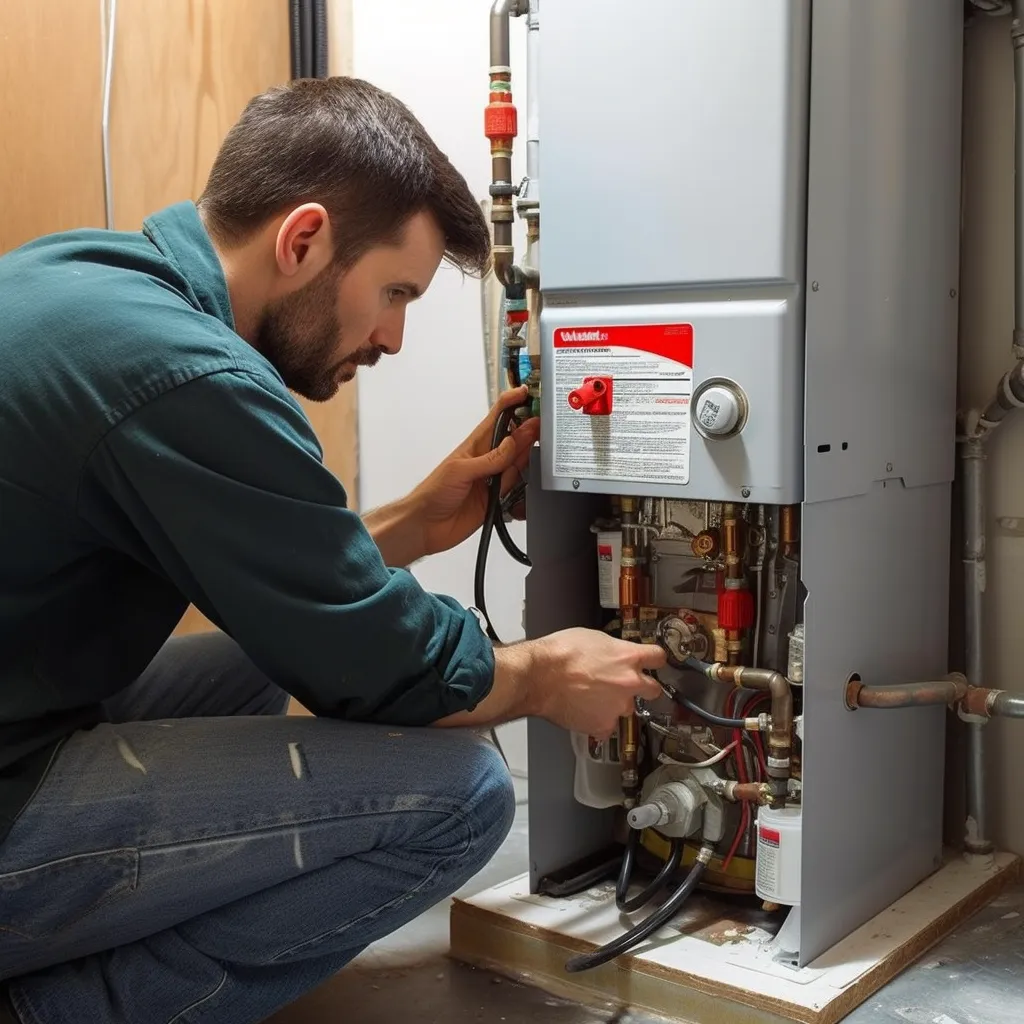
Regular maintenance is crucial to avoid breakdowns
Regularly maintaining your water heater is vital for preventing malfunctions and ensuring a steady flow of hot water. Performing tasks such as draining and flushing your water heater once a year helps prevent the accumulation of sediment, which can damage your appliance over time. It's also important to check the temperature and pressure relief valve regularly to ensure your water heater operates efficiently and safely. By sticking to these maintenance practices, you can enjoy hot water whenever you need it without any hassles.
Warning signs a water heater needs to be repaired or replaced?
There are several common signs that indicate a water heater may need to be repaired or replaced. These signs include:

Insufficient hot water: If you notice that the hot water in your home is not as hot or runs out quickly, it may be a sign that your water heater is not functioning properly.
Leaks or puddles: If you see water pooling around your water heater or notice any leaks, it could be a sign of a problem.
Strange noises: Unusual noises, such as popping, banging, or rumbling sounds coming from your water heater, may indicate sediment buildup or other issues.
Age: The age of your water heater can also be a determining factor. Most water heaters have a lifespan of about 8 to 12 years. If your water heater is nearing or past this age, it may be time for a replacement.
Rusty or discolored water: If you notice rusty or discolored water coming from your faucets, it could be a sign that your water heater's tank is corroding and needs attention.
Increased energy bills: A malfunctioning water heater can lead to inefficiencies, resulting in higher energy bills. If you notice a sudden spike in your energy costs, it may be worth checking your water heater.
If you see any of these signs, it's crucial to contact a professional water heater repair service. They can assess the issue and decide if repair or replacement is the best option. Ignoring these signs could result in more damage, higher energy bills, and inconvenience.
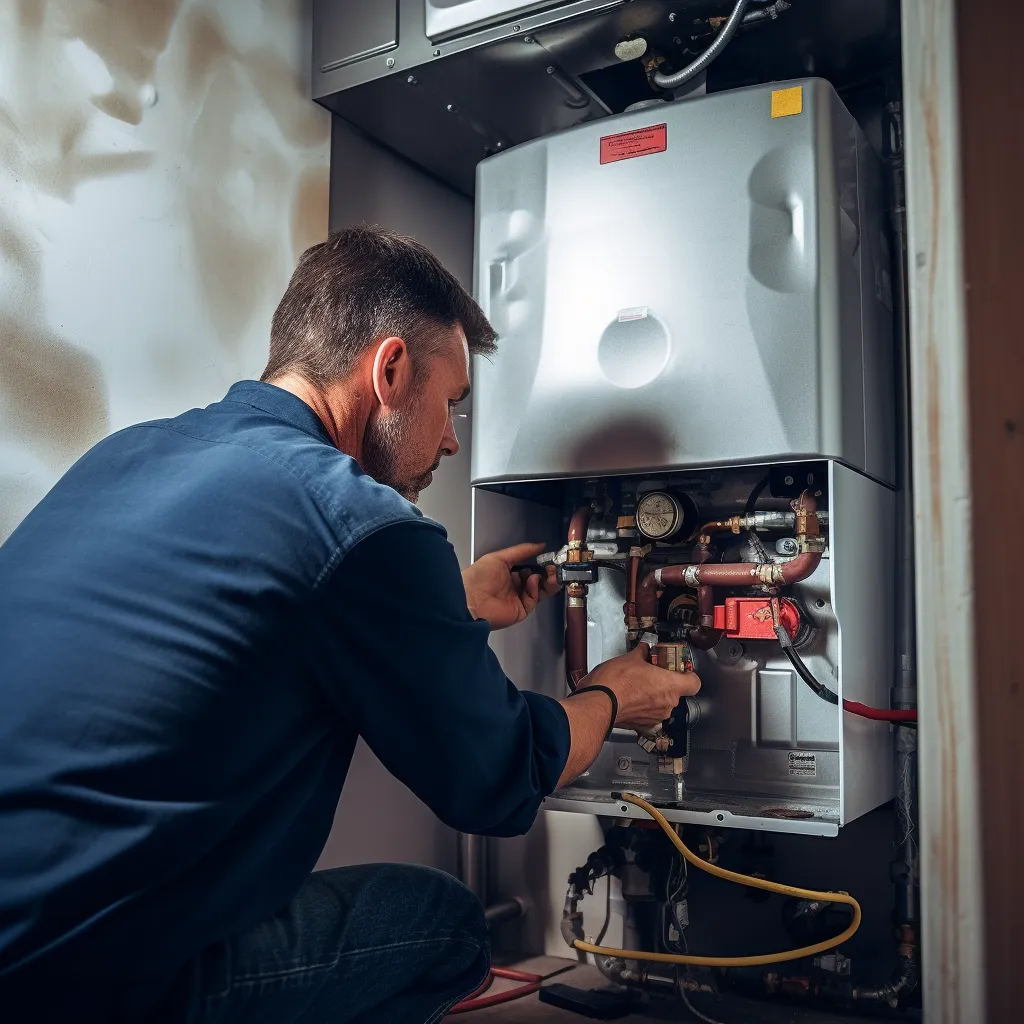
What are the possible causes of water heater problems?
Water heaters can break down due to different reasons like broken thermostats, electrical problems, or sediment accumulation. Although minor problems can be fixed by homeowners themselves, a malfunctioning water heater may suggest deeper issues with your home's systems.
To prevent unexpected breakdowns and keep your water heater running smoothly, it is important to regularly maintain and be alert to warning signs. By taking these proactive steps, you can avoid interruptions in your heating system.
Regular maintenance checks are important for your water heater. If you're unsure about any issues or they keep happening, it's a good idea to get help from a professional. They can find and fix the underlying causes of the problem. This helps your water heater work well for a long time.

Monitor the temperature setting on your water heater
It's important to regularly check the temperature of your water heater for both safety and efficiency reasons. If the temperature is set too high, it can be dangerous and waste energy. On the other hand, if it's set too low, you may not have enough hot water. Luckily, adjusting the temperature is a simple task that will benefit you in the long run. The Department of Energy suggests setting your water heater temperature to 120°F (49°C) to ensure the best balance of efficiency and safety.
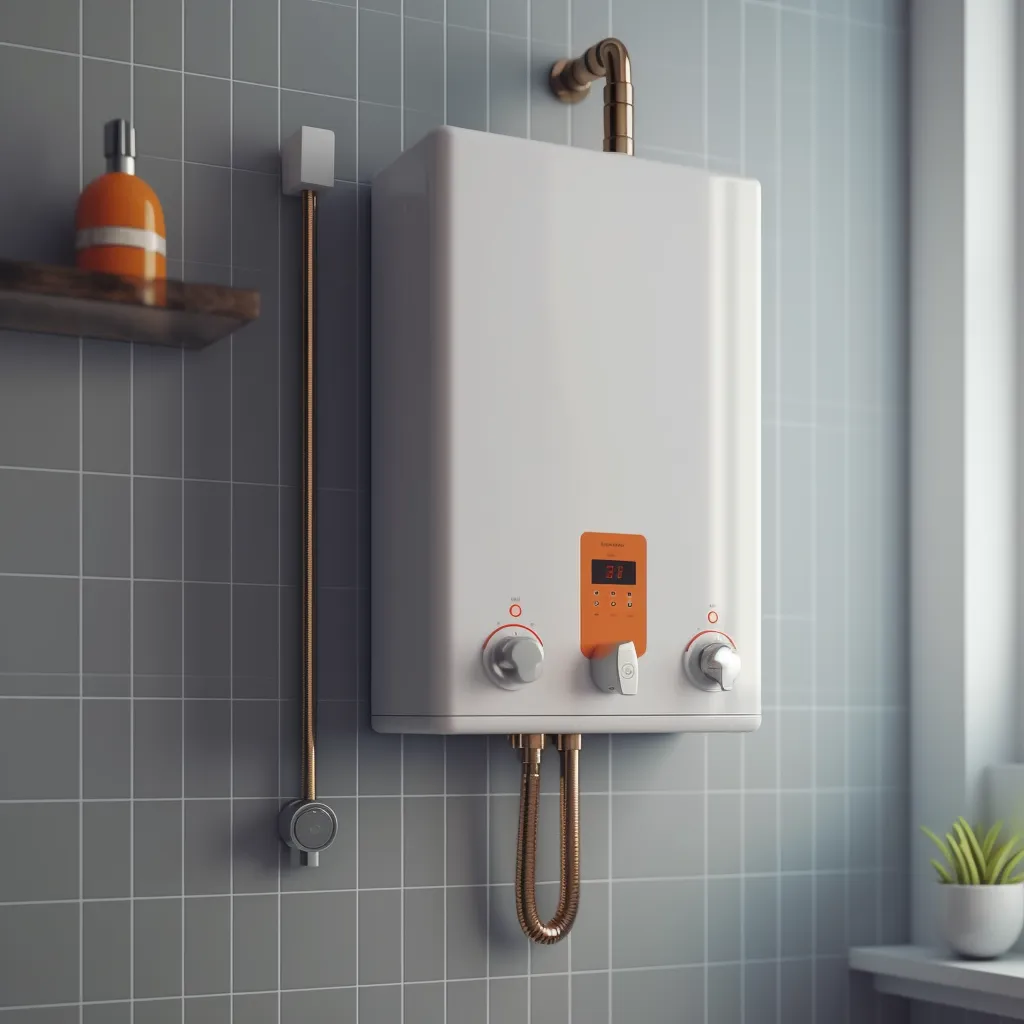
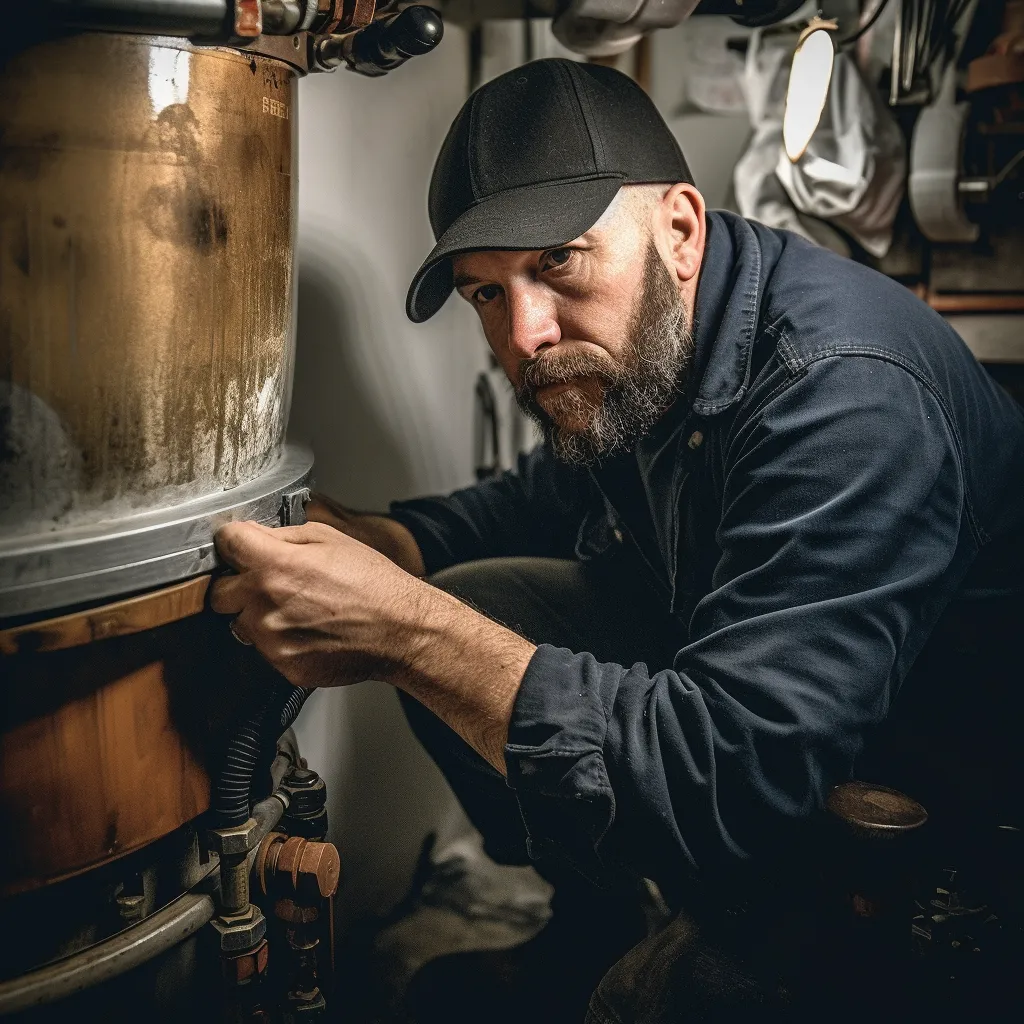
Perform regular visual inspections
It is important to frequently check your water heater for any visible issues. This can help identify potential problems before they become bigger and more costly to fix. By performing regular visual inspections, you can ensure that your water heater is functioning properly and catch any leaks, cracks, or other signs of damage early on.
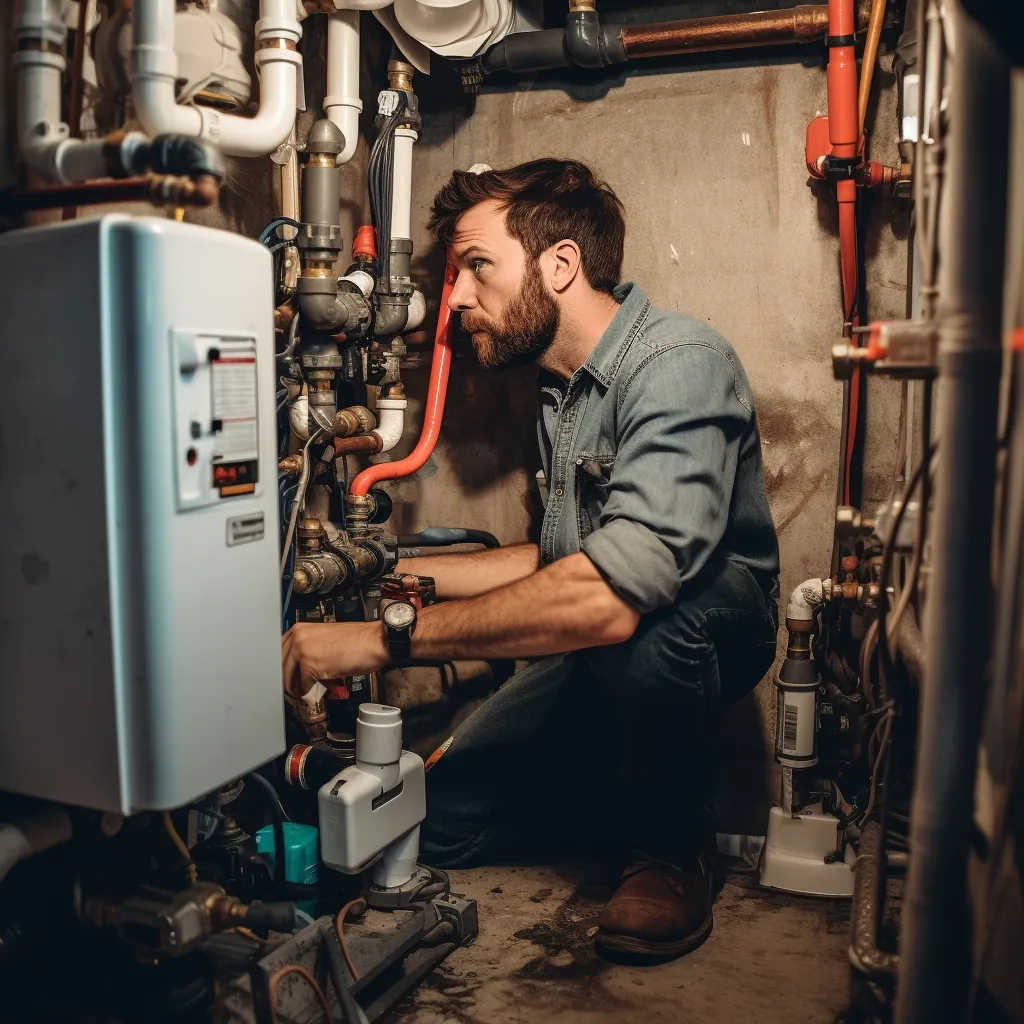
Test the water heater pressure relief valve to make sure it works
To ensure the proper functioning of your water heater's pressure relief valve, it is important to regularly test it. Performing this simple test can help you identify any potential issues and prevent any possible damage to your water heater system. To begin the test, follow these steps: 1. Locate the pressure relief valve: The pressure relief valve is usually located on the top or side of the water heater tank. It is a small, cylindrical device with a lever or handle. 2. Prepare a bucket: Place a bucket or container beneath the pressure relief valve to catch any water that may be released during the test. 3. Lift the lever: Slowly lift the lever on the pressure relief valve. This will release some water into the bucket. Be cautious, as the water may be hot. 4. Observe the flow: As you lift the lever, you should see a steady flow of water into the bucket. If there is no water flow or if the flow is irregular, it may indicate a problem with the pressure relief valve. 5. Release the lever: Once you have observed the water flow, release the lever. The valve should close tightly, stopping the flow of water. If the valve does not close completely, it may be faulty and in need of replacement. 6. Test the valve periodically: It is recommended to test the pressure relief valve at least once a year to ensure it remains in good working condition. Regular testing can prevent potential issues and maintain the safety of your water heater system.
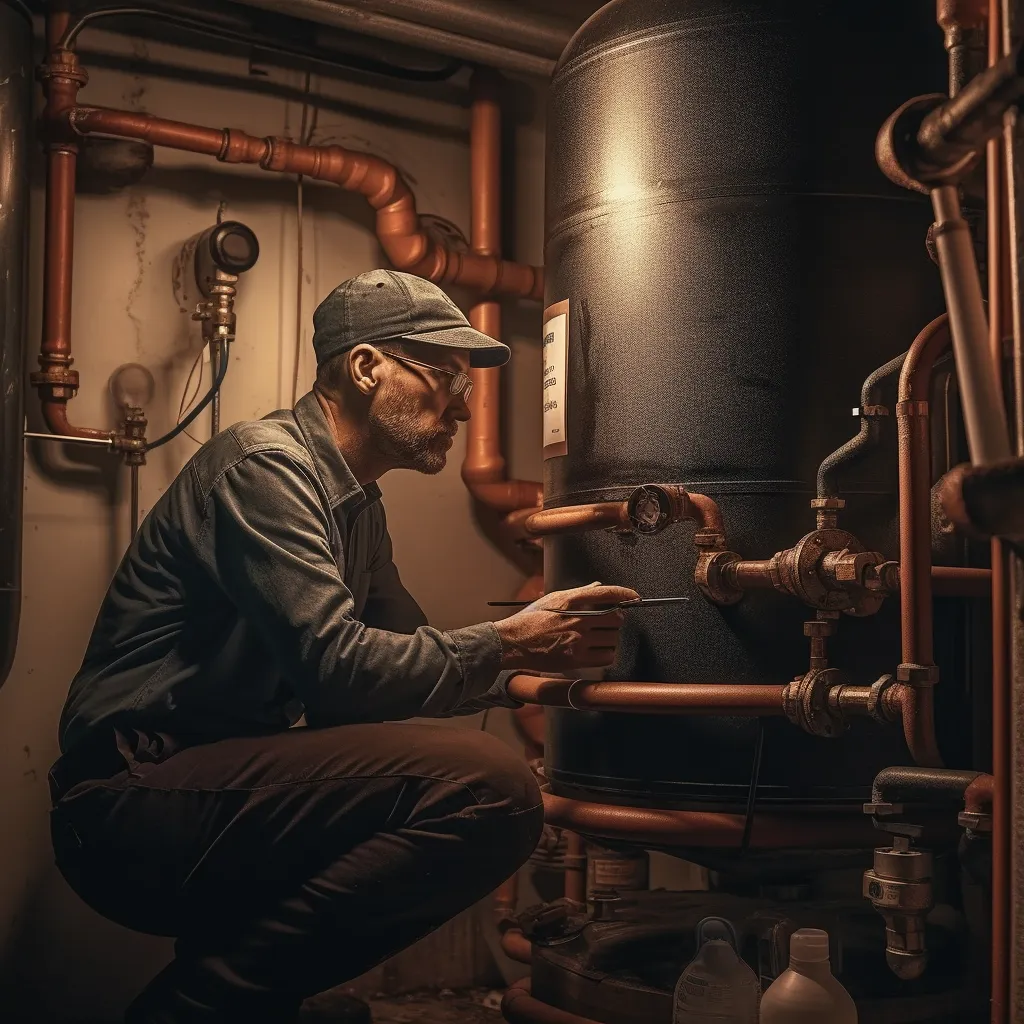
Inspect water heater for signs of rust and corrosion
Regularly checking your water heater tank is important for preventing problems and reducing the chances of leaks and accidents. Rust and corrosion are not always easy to see, but they can cause big problems if not addressed. Take good care of your water heater by making these inspections a priority.
Detecting and dealing with rust or corrosion in your water heater is crucial for avoiding leaks and making it last longer. However, it's important to leave this task to the experts as it requires their special knowledge. If you find any signs of rust or corrosion during your inspection, it's best to seek help from skilled professionals.
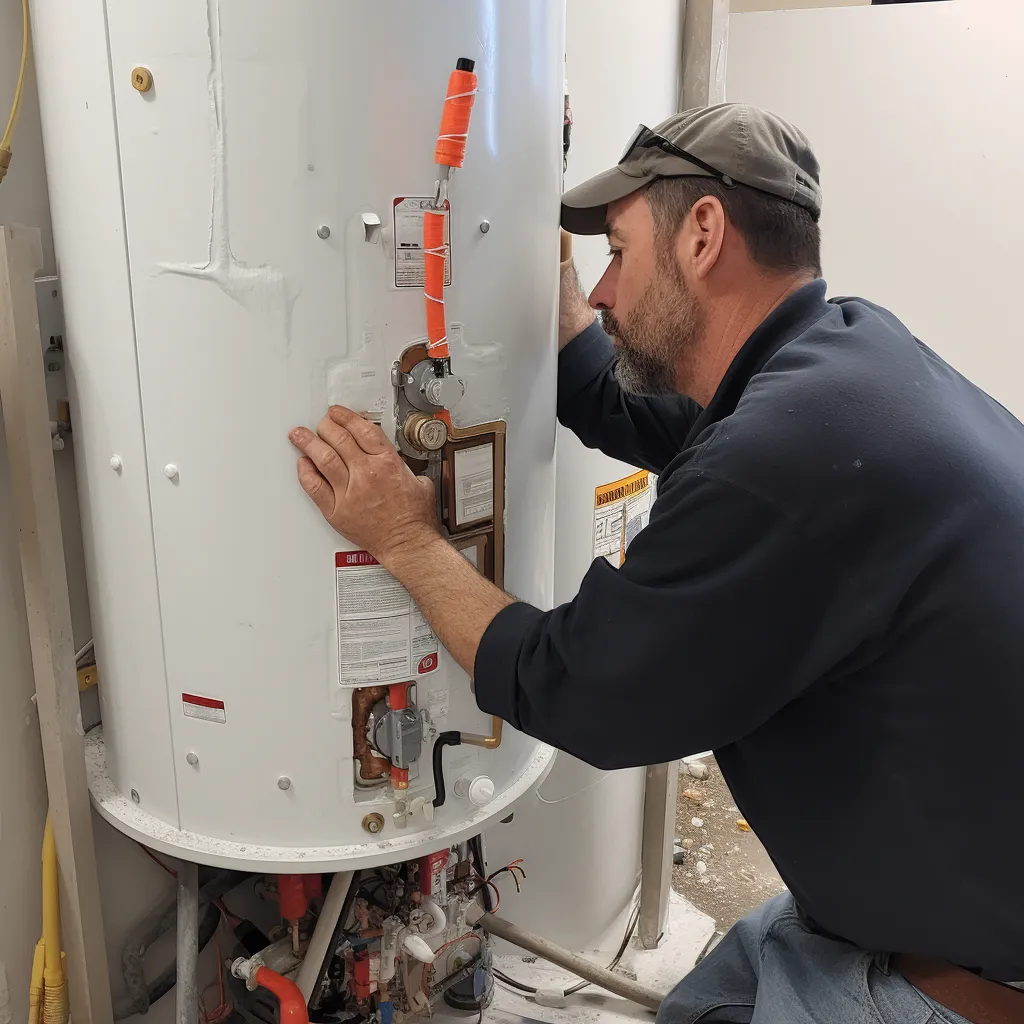
Water heater connections should be tight and secure
Water heater connections play a vital role in preventing leaks and protecting your water heater system. A secure and properly tightened connection is essential for both new installations and maintenance tasks. Make sure to give close attention to these connections to ensure their effectiveness.
Using the right tools and methods to secure the connections properly is crucial. This ensures that your water heater functions reliably and efficiently for a long time.
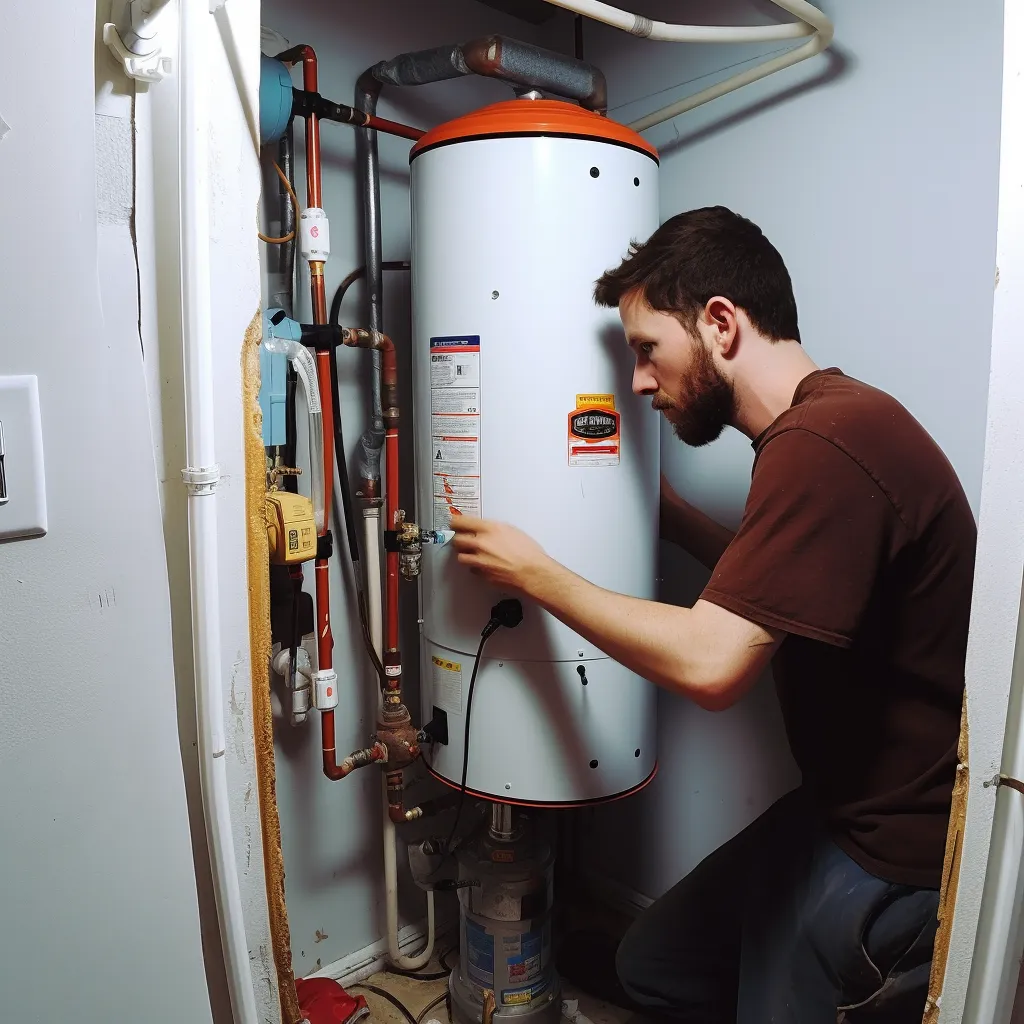
Keep the water heater and pipes free of sediment buildup
To prevent the accumulation of sediment in your water heater and pipes, it is important to regularly clean and maintain them. Sediment buildup can lead to reduced efficiency, decreased lifespan, and potential damage to your water heating system. By following a few simple steps, you can keep your water heater and pipes sediment-free. First, it is essential to drain and flush your water heater regularly. Sediment, such as minerals and debris, tends to settle at the bottom of the tank over time. By draining the tank and flushing out the sediment, you can prevent it from accumulating and causing issues. It is recommended to do this at least once a year or as advised by the manufacturer. Next, consider installing a sediment filter. These filters can be attached to the water inlet of your water heater, preventing sediment from entering the system. This helps to prolong the lifespan of your water heater and prevents clogs or damage to pipes and other components. Additionally, using a water conditioner or softener can also help reduce sediment buildup. These systems remove minerals from the water, preventing them from settling in the tank and pipes. This can be especially beneficial in areas with hard water, which tends to have higher mineral content.
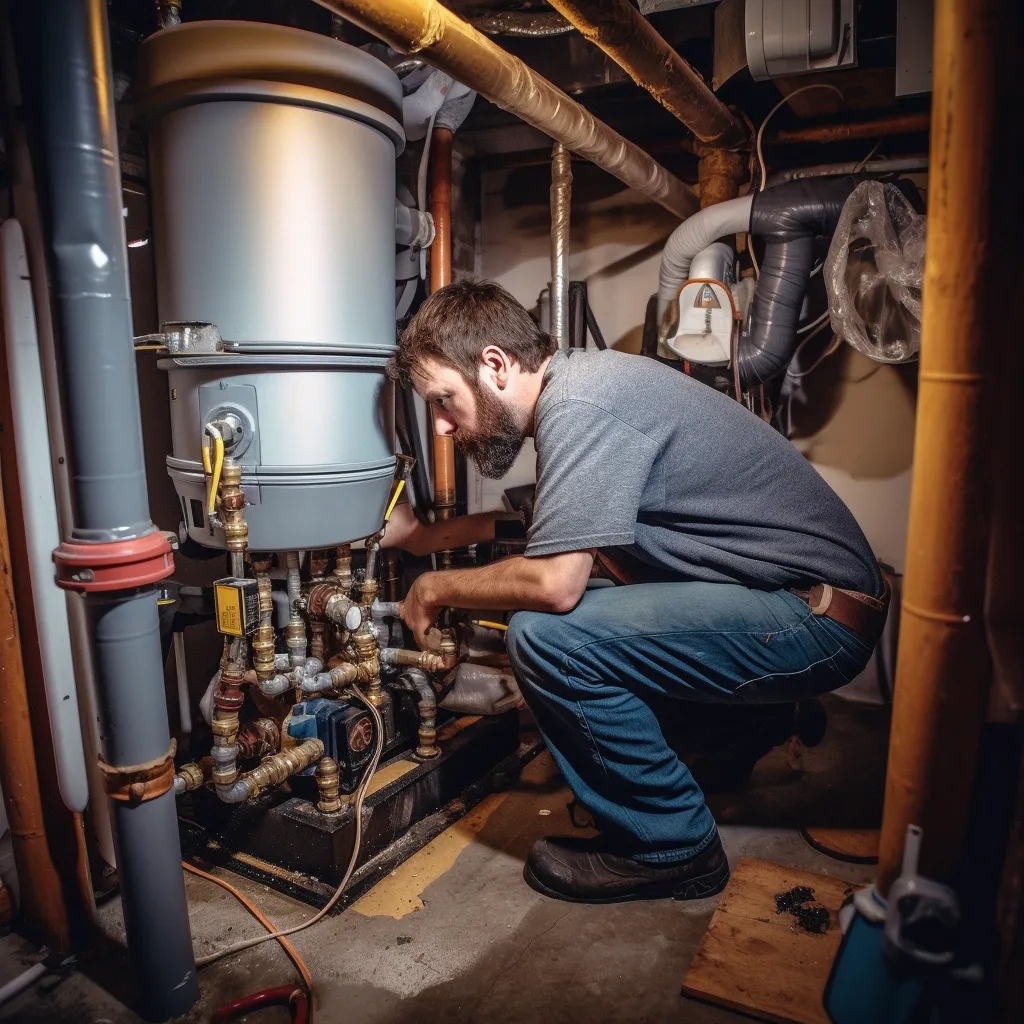
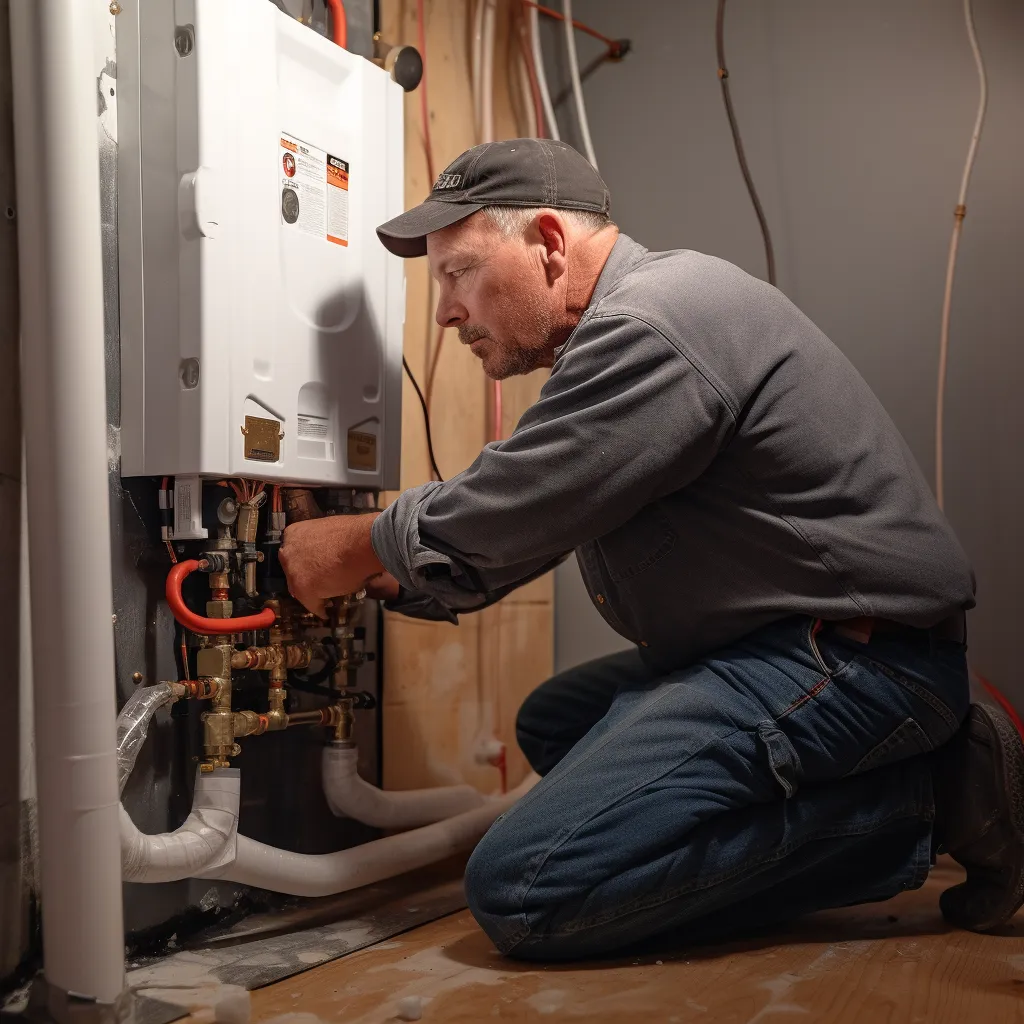
Keep the water heater burner assembly clean
To maintain the optimal performance of your water heater, it is essential to keep the burner assembly clean. Regular cleaning of the burner assembly helps prevent issues such as reduced heating efficiency and improper combustion. Additionally, a clean burner assembly can also extend the lifespan of your water heater. Ensure to clean the burner assembly on a routine basis to ensure efficient and reliable operation of your water heater.

Discover the wide range of water heater choices
It's important for homeowners to know about different types of water heaters and how to properly maintain them:
Gas water heaters should be flushed once a year to remove sediment buildup. This helps in maintaining their efficiency and performance.
For electric water heaters, it is important to check and potentially replace the anode rod as it can wear out over time and affect the performance of your heater.
It is important to descale tankless water heater models every few years in order to ensure that the heating elements continue to function at their best. This regular maintenance will help keep the water heater performing efficiently.
It is important to have your solar water heater checked annually to make sure that all the panels and other parts are working properly.
Regular maintenance checks are crucial for condensing water heaters to ensure optimal performance and avoid potential problems, such as corrosion. It is recommended to schedule annual maintenance to inspect the unit and address any issues that may arise. This will help keep your condensing water heater in good working condition and extend its lifespan.
Modern water heaters, such as smart heaters, may require regular software updates and firmware changes to ensure optimal performance. These updates can help to enhance the functionality and efficiency of the heater. On the other hand, heat pump heaters should undergo an annual inspection to identify any potential issues with excessive heat or other concerns. This inspection is important for maintaining the performance and safety of the heat pump heater.
Homeowners can avoid potential issues with their water heaters by becoming familiar with the various types available and understanding their unique maintenance requirements. By taking the time to learn about their system and following proper maintenance practices, homeowners can prolong the lifespan of their water heater and keep it running efficiently.
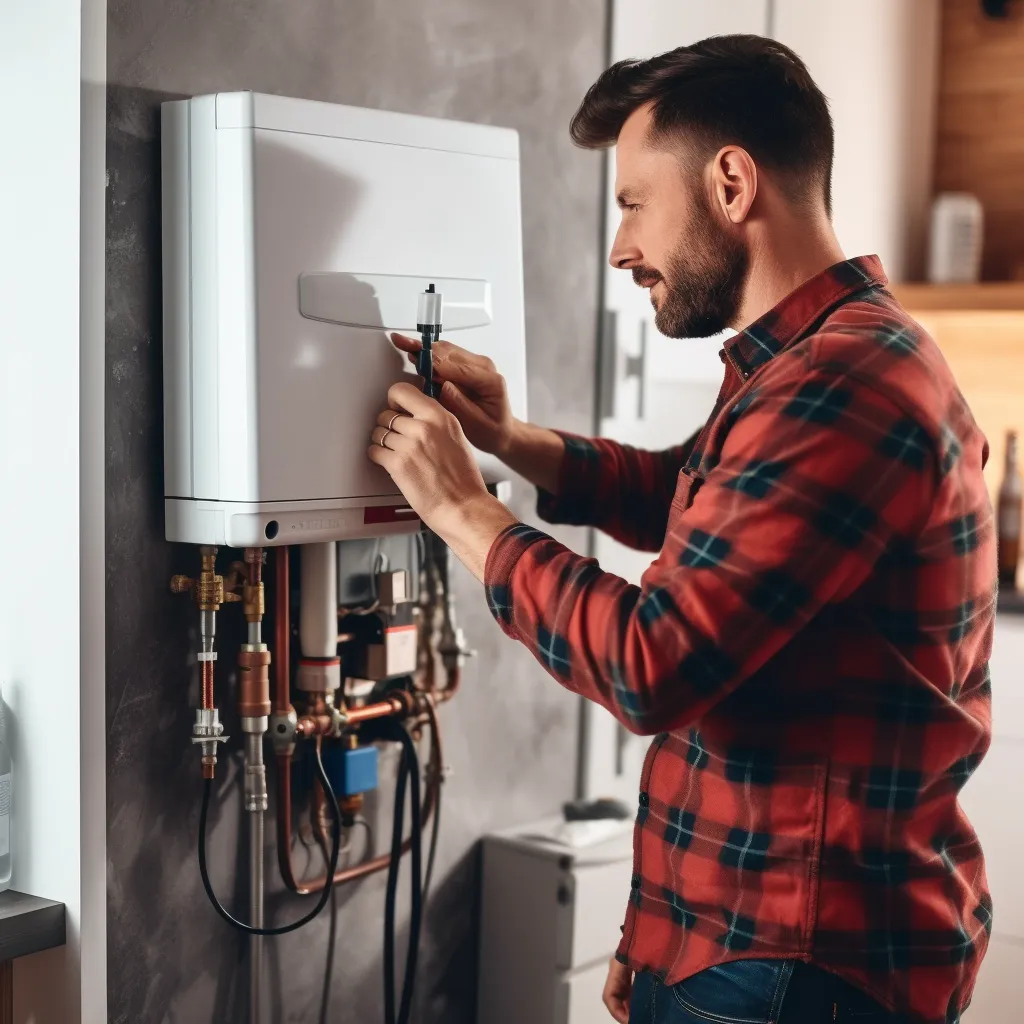
Troubleshooting tips to help you identify water heater problems
If you're having problems with your water heater, such as no hot water, temperature issues, strange sounds, or leaks, there are some things you can try before contacting a technician. Check the heating element, make sure the thermostat settings are correct, remove any sediment in the tank, and look for any leaks. These simple steps might help you figure out and potentially fix the problems, which could save you both time and money.
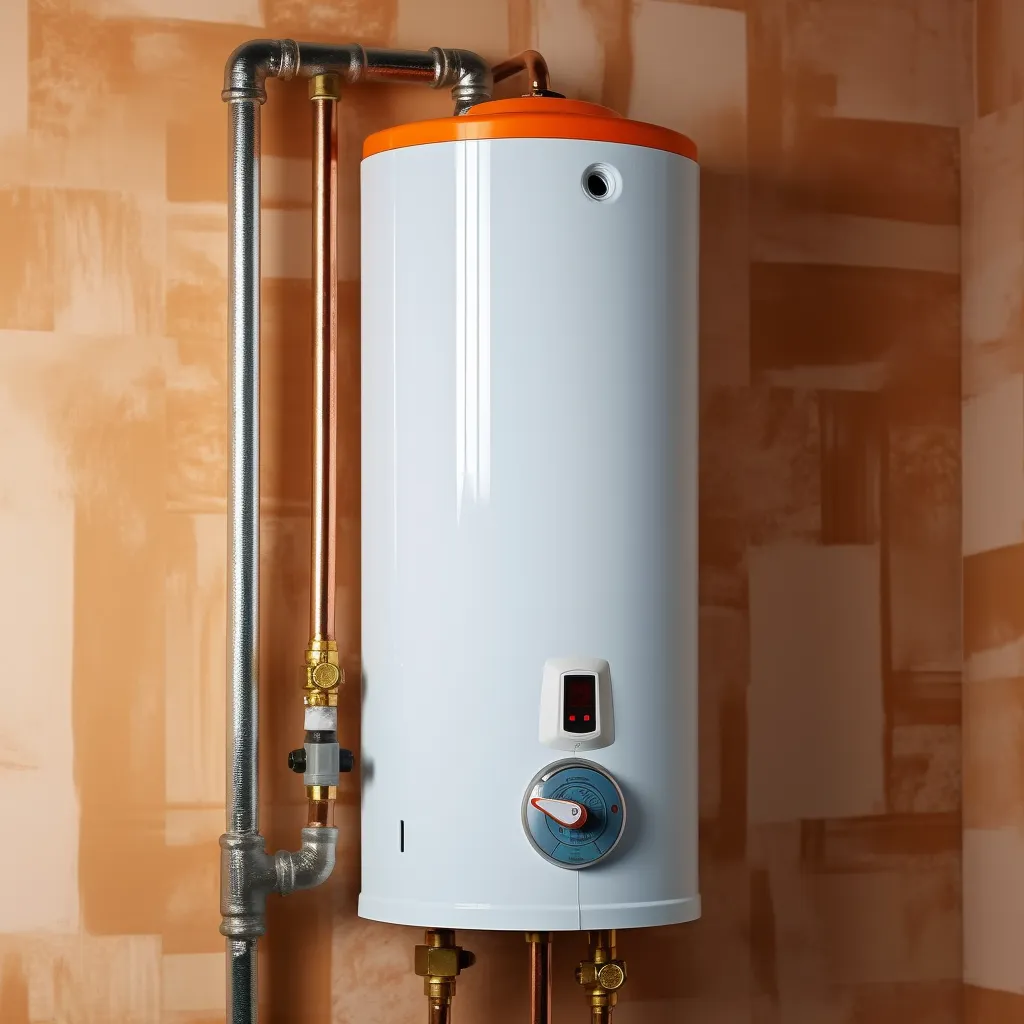
Benefits of hiring a water heater expert
There are several advantages to hiring a licensed water heater professional:
First and foremost, a licensed professional has the necessary expertise and knowledge to handle water heater installations, repairs, and maintenance. They have undergone rigorous training and have a deep understanding of the various types of water heaters and their components.
By hiring a licensed professional, you can rest assured that the work will be done correctly and efficiently. They will ensure that all safety protocols are followed during the installation or repair process, minimizing the risk of accidents or further damage to your water heater.
Licensed professionals have access to high-quality tools and equipment, which enables them to perform their work to the highest standard.
They are also up to date with the latest advancements in water heating technology and can provide you with valuable advice and recommendations on the best water heater options for your specific needs.
Hiring a licensed professional can save you time and money in the long run. They have the necessary experience to diagnose any issues with your water heater quickly and accurately, preventing unnecessary delays and costly repairs.
They can also help you with regular maintenance, ensuring that your water heater operates efficiently and has a longer lifespan.
Research plays a vital role
Taking care of your water heater can save you both time and money in the long run. It's important to regularly check and monitor the temperature, pressure, and connections of your water heater. Keep an eye out for any signs of corrosion or sediment buildup, as these can affect the performance of your water heater. If you notice any malfunctioning, it's best to do some research or consult with a licensed professional to address the issue. Additionally, it's crucial to understand the specific maintenance requirements for your particular type of water heater. This will help ensure that you are taking the necessary steps to keep it working efficiently. By following these simple guidelines and seeking expert guidance when needed, you can prolong the lifespan of your water heater and avoid unnecessary expenses.
Contact Us
